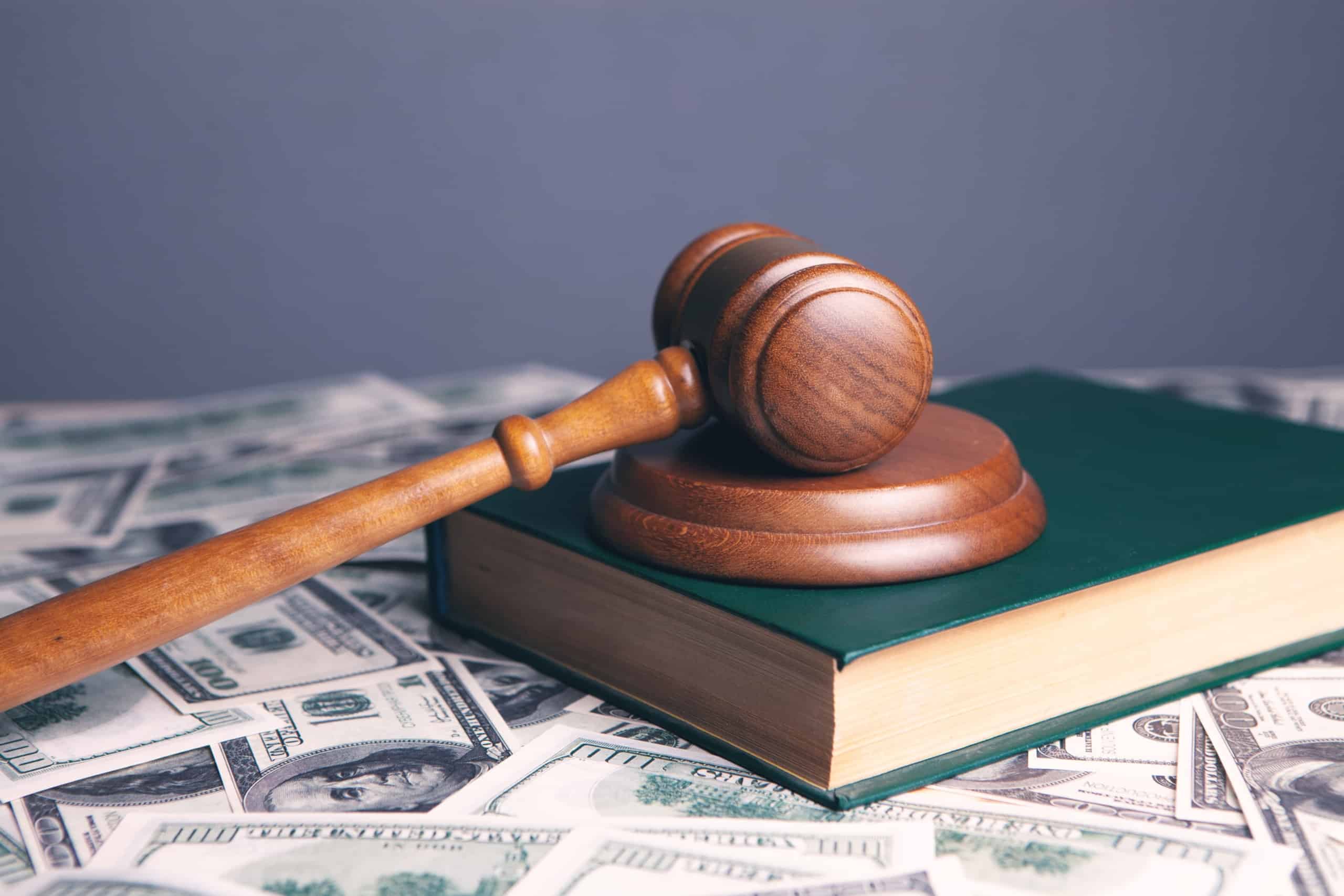As a general rule, any profits from the sale of a capital asset, such as real estate, are subject to taxation in the hands of the seller. The exemption that applies to the sale of a person’s primary residence from this capital gains tax is one that is often used by Canadians. This blog summarizes how recent adjustments to taxes levied by different levels of government have impacted the capacity to make use of this exemption.
Loss of Capital Gains Tax Exemption for Certain Trusts
In the past, a property held in trust may make use of the exemption for principle residences, and people sometimes owned their primary residences via principal residence trusts. Unless a trust satisfies one of the following requirements, it will no longer be able to benefit from the capital gains exemption.
(a) it must be an Alter Ego Trust, Joint Spousal Trust, or another type of “self-benefit” trust
(b) it must be a testamentary trust that is a Qualified Disability Trust
c) it must be a trust for the benefit of the minor children of a deceased parent.
Rates of Property Transfer Tax
In British Columbia, there is a tax on property transfers that must be paid. When the title transfer is recorded at the Land Title Office, a fee is assessed. This tax has a few limited exemptions.
For properties worth more than $2,000,000, the rates of property transfer tax rose as follows in 2022:
The following rates apply:
a) 1% of the fair market value up to and including $200,000
b) 2% of the fair market value greater than $200,000 and up to and including $2,000,000
c) 3% of the fair market value greater than $2,000,000
The individual purchasing property who is not a Canadian citizen or Permanent Resident of Canada is subject to extra tax. It applies to foreign businesses, Canadian enterprises owned “in whole or in part” by a foreign company, and Canadian firms managed by a foreign organization.
The foreign buyer’s tax applies if the trust’s trustee is a foreign person or business or if a Canadian or PR holds title in trust for foreign persons or corporations.
Empty Homes Tax
New law in Vancouver imposes a “empty houses tax” on unoccupied homes. If appropriate, homeowners pay a 1% yearly tax on their property worth. This would be a $10,000 yearly tax for a property with a $1,000,000 value.
What It Means for Estate Planning
The implementation of new and extra taxes necessitates that the property owner carefully evaluate the disposition of real property upon death. If the will-maker sets up trusts for real property, it may forfeit capital gains exemptions on sale. Non-Canadian trustees or beneficiaries may be liable to the 15% foreign buyer’s tax and the 1% unoccupied houses tax.
If you are experiencing difficulty regarding property tax transfers, the team at Sodagar & Company is dedicated to helping you. Access our will questionnaire by clicking here and becoming acquainted with the data we need to get your affairs in order.



